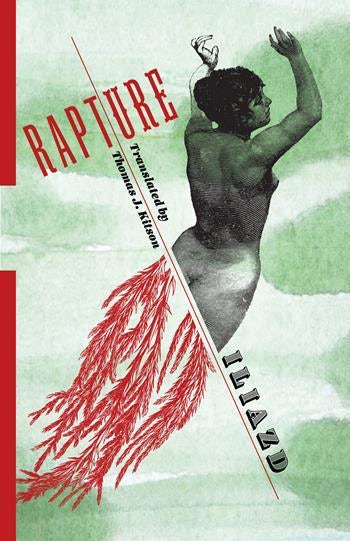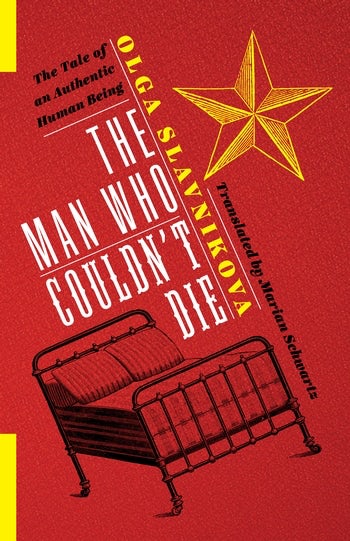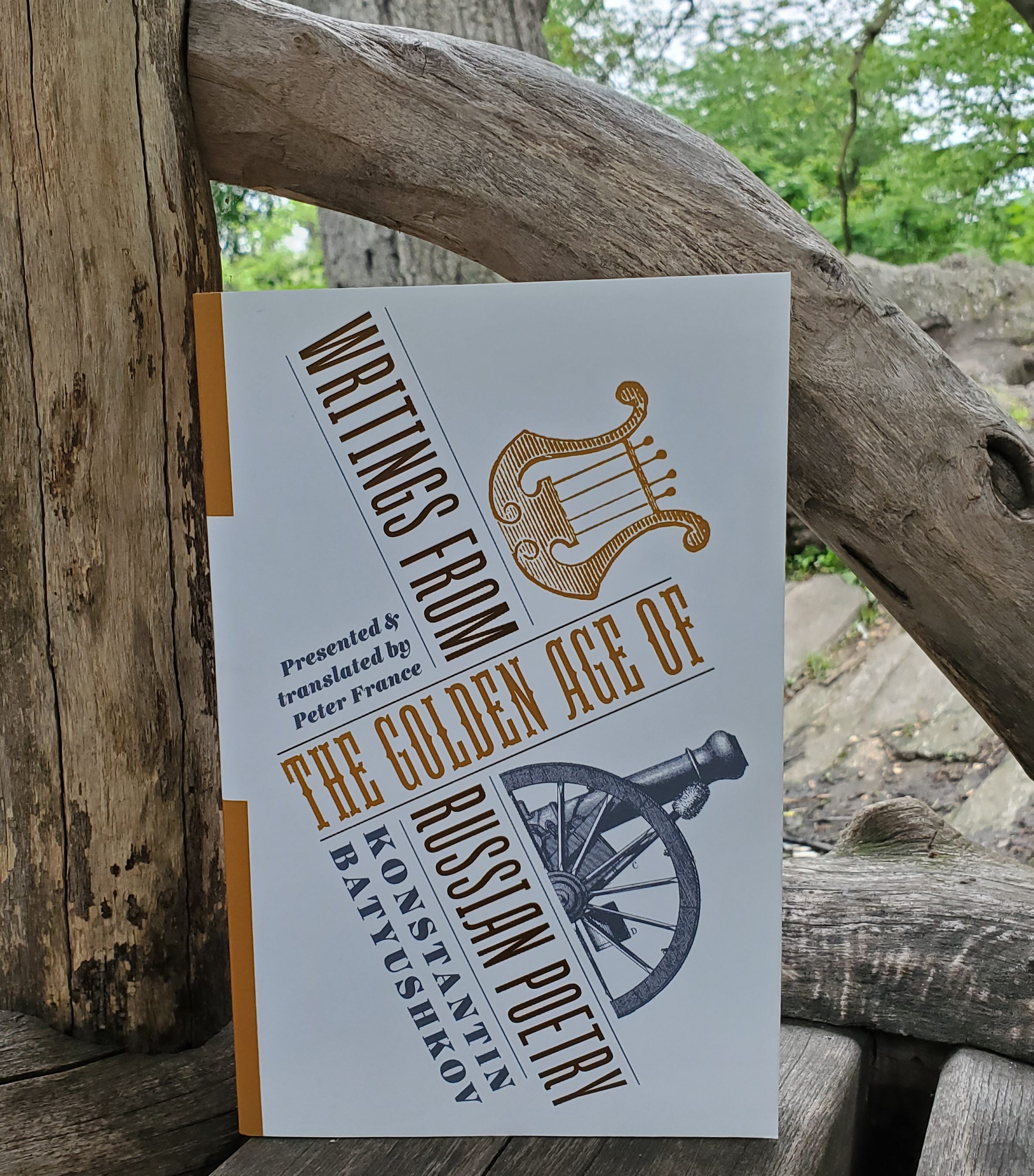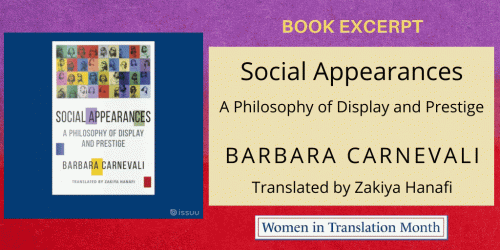Book Excerpts! KLOTSVOG and THE MAN WHO COULDN’T DIE

“Since its launch, the series has already enhanced the scope of Russian literary texts available in English, and it promises significantly more to come, with planned titles ranging from the eighteenth to the twenty-first centuries, by both new and established translators.”
~Katherine Bowers, Translation and Literature
Women in Translation Month has taken us all over the world and across entire eras of history. In Heian-Era Japan we learned about the nuances of imperial courts, in 20th century China we heard whispers of Shanghai’s culture of gossip, and in 1800s Russia we navigated social expectations conflicting with individual dreams in an aristocracy. This week, we’re rounding off the month with something more modern: contemporary Russian literature. Take a look at the excerpts below for a sneak peak of Klotsvog by Margarita Khemlin, translated by Lisa C. Hayden, with a foreword by Lara Vapnyar, and The Man Who Couldn’t Die by Olga Slavnikova, translated by Marian Schwartz.
Reading these excerpts might give you a better idea of which of these two novels you’d like to win as a part of our book giveaway. However, if you’re looking for more background, we took you behind the scenes of these translated works earlier this week with a Q&A with translator Marian Schwartz, and a guest author post by Lisa Hayden. Be sure to check them out, and enter the book giveaway drawing by Friday, August 30th at midnight!
• • • • • •
“Funny and enraging, moving and deeply felt. . . . A subtle, nuanced take on one apparently selfish woman and the difficult choices she makes.”
~Kirkus Reviews
Klotsvog is a novel about being Jewish in the Soviet Union and the historical trauma of World War II—and it’s a novel about the petty dramas and demons of one strikingly vain woman. Maya Abramovna Klotsvog has had quite a life, and she wants you to know all about it. Selfish, garrulous, and thoroughly entertaining, she tells us where she came from, who she didn’t get along with, and what became of all her husbands and lovers. From Maya’s perspective, Khemlin unfurls a retelling of the Soviet Jewish experience that integrates the historical and the personal into her protagonist’s vividly drawn inner and outer lives. This excerpt features the opening pages of the novel, where the compelling yet detached voice of Maya is introduced.
“Rather than celebrate the crumbling of walls, Slavnikova’s novel shows us all the Lenin statues still in place. It portrays a culture chained to old realities, unable to establish a new understanding of itself. This is a funhouse mirror worth looking into, especially in today’s United States with its alternative facts, unpoetic assertions, and morbid relationship with the past.”
~Leeore Schnairsohn, Los Angeles Review of Books
In the chaos of early-1990s Russia, the wife and stepdaughter of a paralyzed veteran conceal the Soviet Union’s collapse from him in order to keep him—and his pension—alive until it turns out the tough old man has other plans. Olga Slavnikova’s The Man Who Couldn’t Die tells the story of how two women try to prolong a life—and the means and meaning of their own lives—by creating a world that doesn’t change, a Soviet Union that never crumbled.
Read a another excerpt from The Man Who Couldn’t Die in full on Lit Hub.
Save 30% on these summer beach reads by taking advantage of our WITMonth sale! Simply use coupon code WIT2019 at checkout to save 30% on your order!








